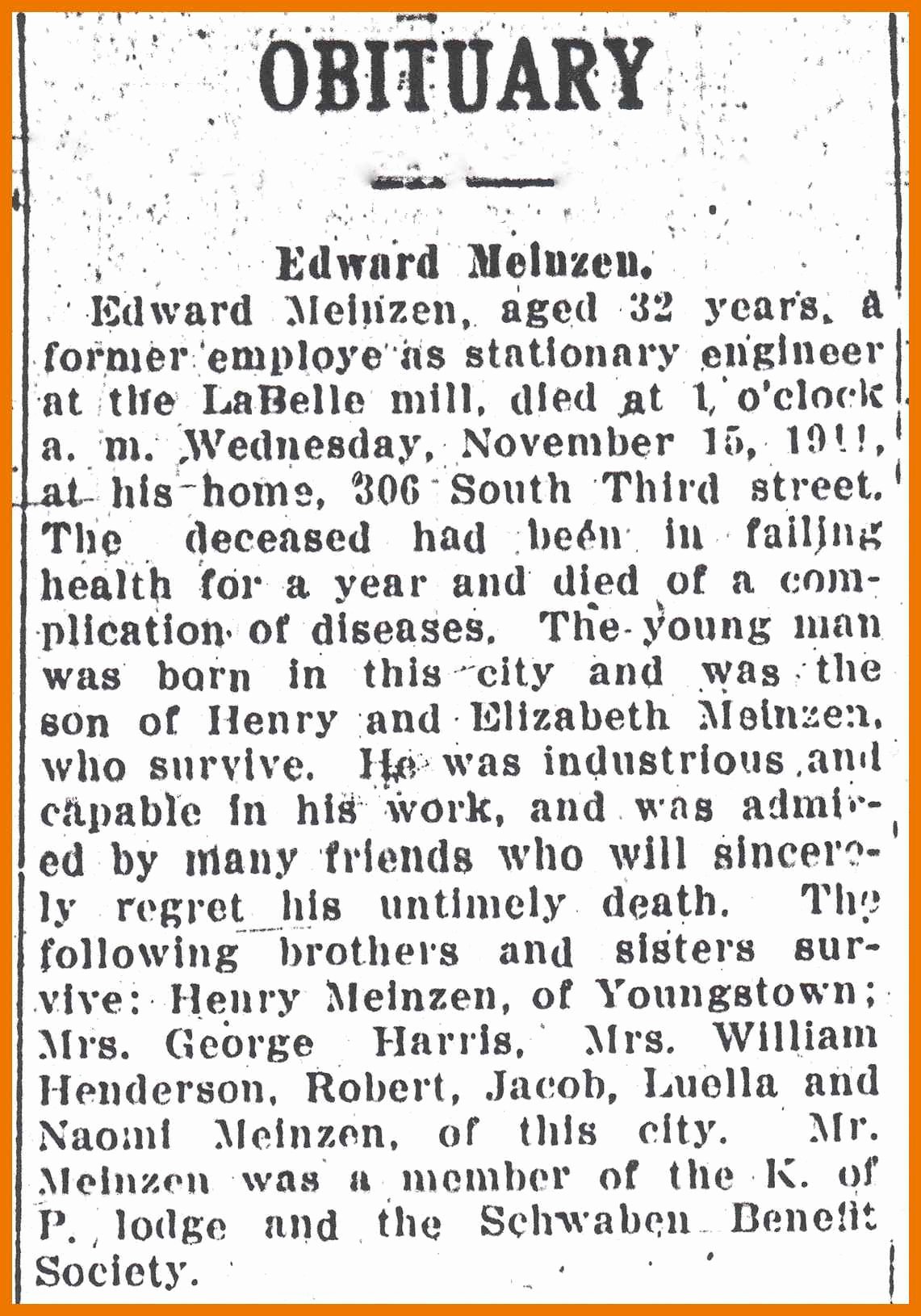

Start by thinking of the people you are addressing, as well as the person you are describing: the eulogy is about the person, but for the audience.

Thinking about your Audience and the Person If you feel you did not know the person well enough, or are simply not that interested in characterising this person’s life, suggest someone else do it, stating that you’re too overcome with grief. Whatever your thoughts, you should not feel pressured into giving a eulogy or guilty if you feel unable to do so. You may prefer to ask someone else to write it, or perhaps have them on standby to give it for you. You may feel a heavy burden of responsibility to get it ‘right’, in terms of both content – what to say – and tone – how to say it. But even if you’re used to speaking in public, finding words to say can be difficult because of the special circumstances of a funeral. There is no right or wrong way to write a eulogy: each is as unique as the person giving it and the person it describes. You get the last word in the attempt to define the outlines of a life. You’re being asked to do something at the very moment when nothing can be done. You don’t have to be a great writer or orator to deliver a heartfelt and meaningful eulogy that captures the essence of the deceased.įor some people, the opportunity to speak during the funeral service about the person they knew is a welcome one – but many of us still do not realise this is possible and believe that eulogies are just for the famous. Writing and giving a eulogy is a way of saying farewell to someone who has died that, in a sense, brings the person to life in the minds of the audience.


 0 kommentar(er)
0 kommentar(er)
